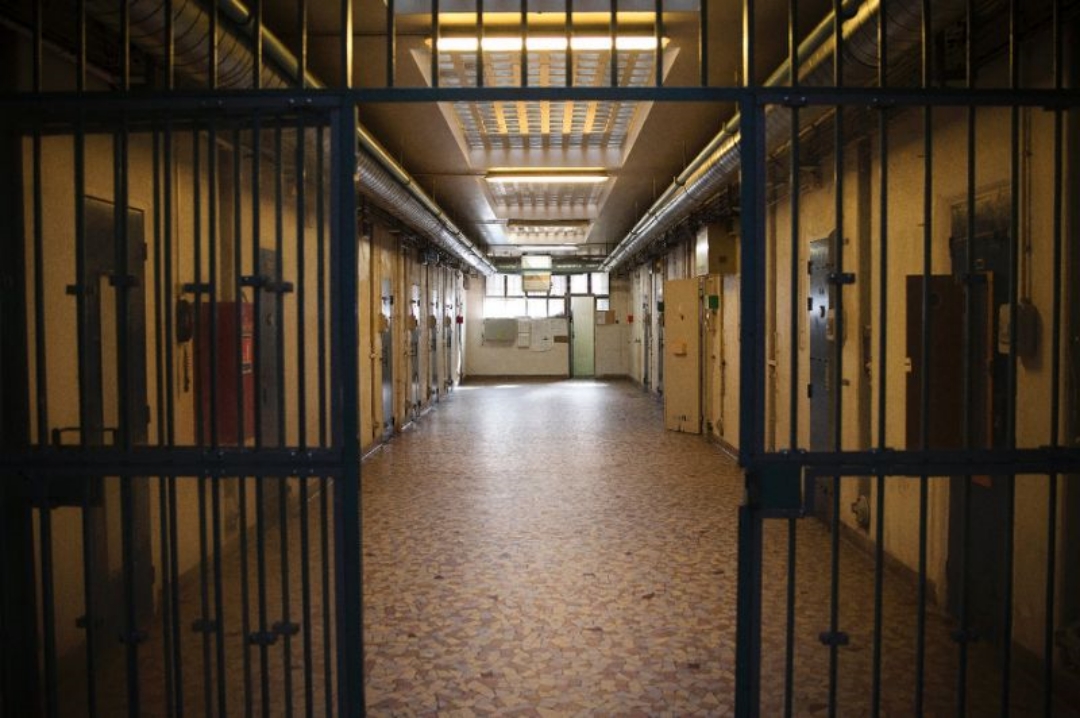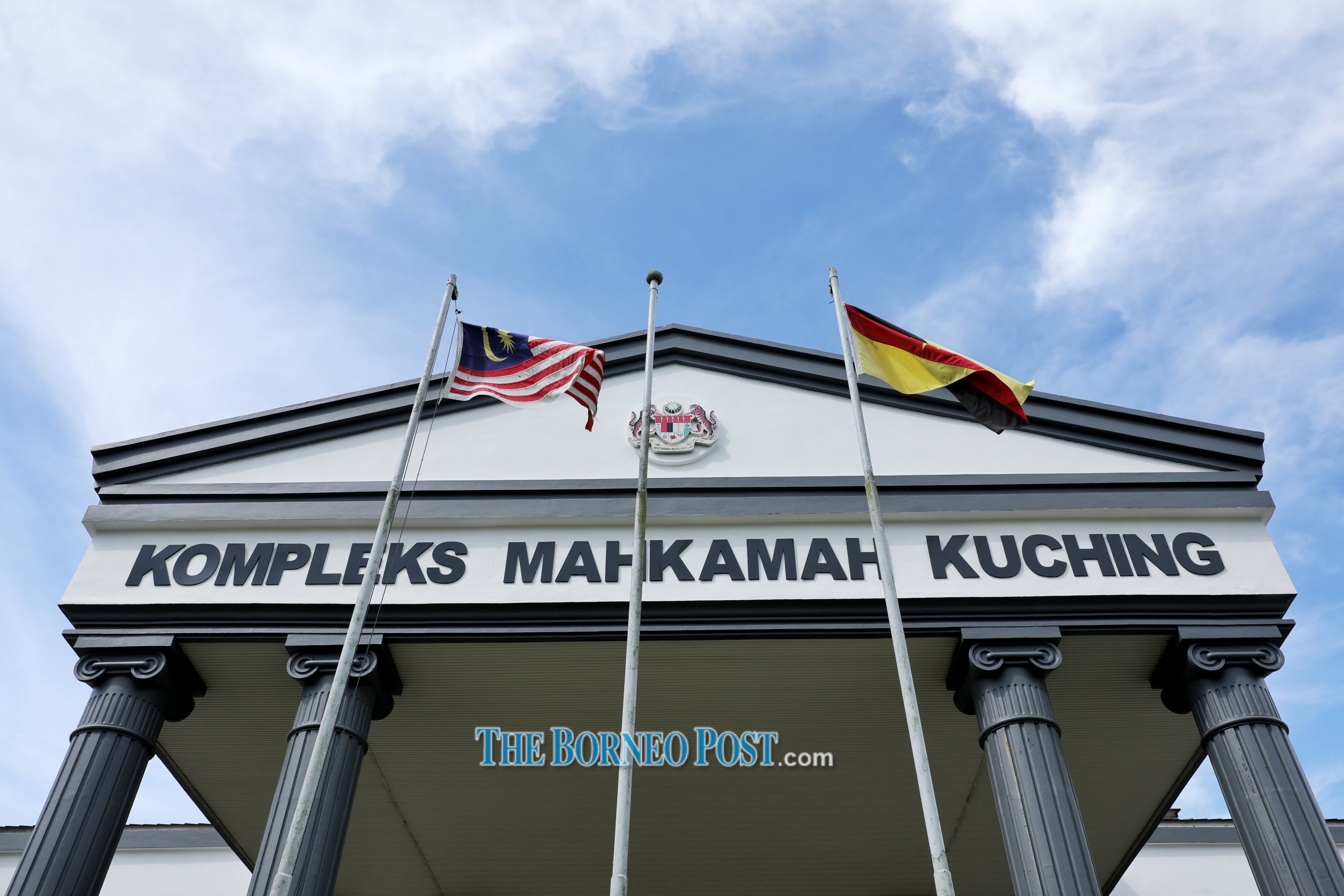ADVERTISE HERE
Kedah Menteri Besar Datuk Seri Muhammad Sanusi Nor’s appeal to Sarawak to cover part of the costs for his state’s participation in Sukma is ridiculous to say the least.
It is understandable that logistical expenses can be a burden, but for Kedah – according to Youth, Sports and Entrepreneur Development Minister Datuk Seri Abdul Karim Rahman Hamzah, which is “a wealthy state with a thriving industrial park in Kulim, and Sanusi himself having previously mentioned that Kedah could be as developed and successful as Selangor” – to suggest that we should shoulder their costs is unreasonable and even cynical.
The Sukma Games, scheduled to be held in Sarawak from Aug 17 to 24, are a significant national event involving 37 sports and over 12,619 athletes and officials. Hosting such a major event is no small feat, and Sarawak has already demonstrated its commitment and resource allocation to ensure its success.
With preparations reported to be 90 per cent complete, we are well on our way to providing a memorable experience for all Malayan participants.
Sanusi’s request for Sarawak to bear part of Kedah’s costs reflects a lack of understanding and respect for our efforts and investments. Hosting Sukma involves substantial expenses, from infrastructure development to logistics, security, and hospitality.
Premier Datuk Patinggi Tan Sri Abang Johari Tun Openg has allocated a significant portion of the state’s budget to ensure Sukma is conducted smoothly, benefitting athletes and officials from all participating states, including Kedah.
Asking Sarawak to further stretch its resources to subsidise another state’s participation does not bode well for the spirit of fairness and mutual respect.
Moreover, Sanusi’s argument that the cost of participating in Sukma this year is higher due to the distance to Sarawak is not a novel challenge. Malaysia’s geography, with states spread across vast distances, naturally entails varying logistical costs for national events.
States participating in Sukma have always had to manage these differences. It is a known aspect of the games and one that each state must plan for accordingly.
If Kedah is indeed facing financial difficulties, there are more appropriate and constructive ways to address this issue. Launching a fund-raising campaign is a viable option.
Crowdfunding has proven effective in many scenarios, allowing the community to support athletes representing their state. Such an initiative would likely garner significant public support, showcasing the community’s solidarity and pride.
I think the Kedah government should seriously explore reallocating its budget to prioritise participation in national sports events. This could involve cutting non-essential expenses or seeking sponsorships from private companies that would benefit from the publicity and goodwill associated with supporting the state’s athletes.
If these measures are not feasible, Kedah could consider scaling down its contingent or strategically focusing on sports where it has the best chance of excelling. This would still allow the state to participate and uphold the spirit of sportsmanship while managing its financial limitations more effectively.
The suggestion that Sarawak should cover part of Kedah’s costs sets a dangerous precedent. If accepted, it could lead to a cascade of similar requests from other states facing financial constraints, ultimately overwhelming the host state and jeopardising the sustainability of national events.
The responsibility for managing participation costs should rest with each state.
Sarawak has to (in the words of Abdul Karim) “suffer in silence every year just to participate” in national sports events held in Malaya like the yearly National Soccer League where our costs are significantly higher due to the need for flights for athletes, officials, and equipment, but our state has never complained about the extra expenses.
Sanusi remarks risk tarnishing the collaborative and inclusive spirit that the Sukma Games are meant to foster. Sukma should be a platform for unity, showcasing the collective strength and diversity of Malaysia.
Casting aspersions on the host state’s willingness to support others financially detracts from this goal and introduces unnecessary division.
Nevertheless, Abdul Karim felt Sanusi’s remarks were made in jest. The former had his own humorous remarks on Sanusi’s request: “…but for the Kedah MB, just a slight pain in the pocket is already appealing to Sarawak to absorb the cost.”
While I understand the high costs of participating in national events like Sukma are a legitimate concern, the solution does not lie in burdening the host state with additional financial responsibilities.
Come on lah! Kedah should explore more appropriate ways to manage its expenses. As hosts, we have already demonstrated significant dedication and investment, and it is both unfair and impractical to expect us to subsidise other states’ costs.
Let us uphold the spirit of sportsmanship, respect, and mutual support that Sukma signifies and ensure every state participates with dignity and responsibility.
The views expressed here are those of the writer and do not necessarily represent the views of New Sarawak Tribune.









 English (US) ·
English (US) ·